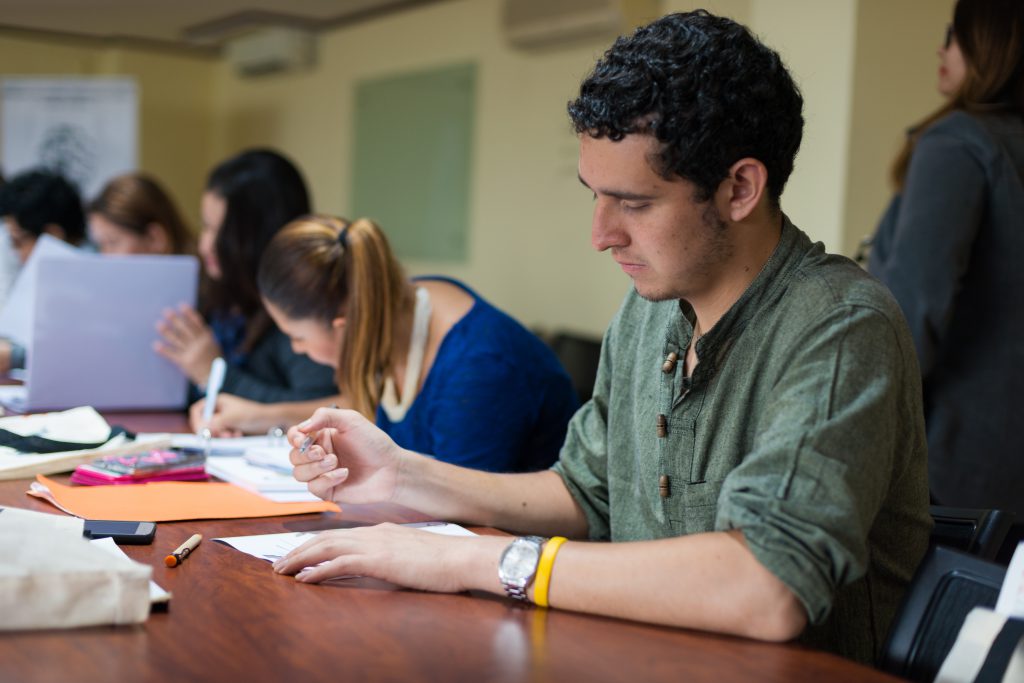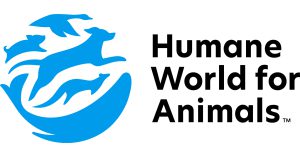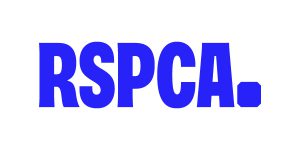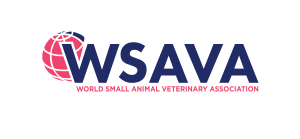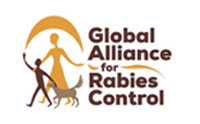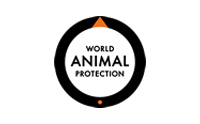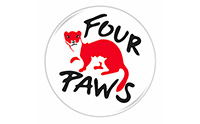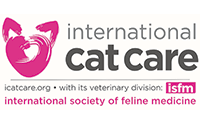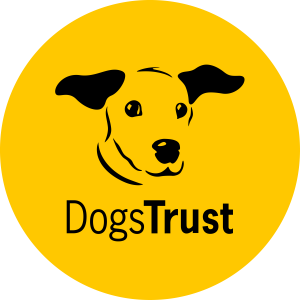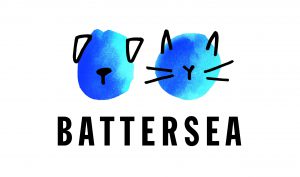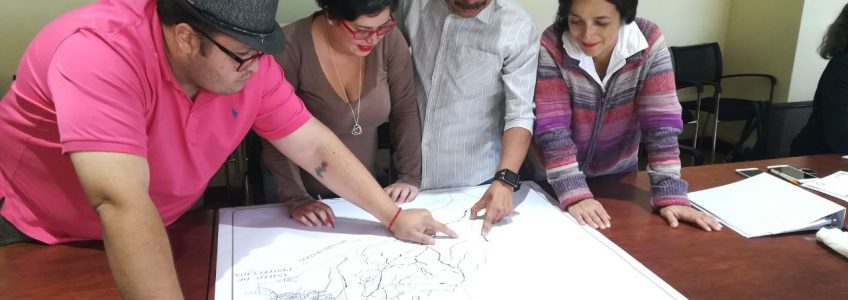
For many years in Costa Rica, animal welfare and particularly companion animal welfare, had been in the hands of local animal protection NGO´s. However, those efforts had always been isolated and uncoordinated. In 2014 the national government appointed a National Animal Welfare Coordinator, who gathered various stakeholders together to discuss, create and initiate a DPM pilot project. Although funding for the pilot project was cut after a change in government, remnants of those efforts and networks created continue to fuel animal welfare activities at a local level.
The National Animal Welfare Coordinator understood that local animal protection organizations wanted to expand their work and collaborate with local governments (municipalities) and a few had already been doing this, such as ANPA (Asociación National Protectora de Animales – ANPA). She was also aware that local NGO´s have the knowledge and experience of working with animal welfare and government resources were too limited to cover the entire nation. It was clear the model of shelters or municipal dog pounds had not been successful. Not only from evidence gathered through research and international guidelines, but also through experience of long-standing local NGO’s. Additionally, Costa Rica has a fair amount of animal protection NGO’s, veterinarians, clinics and volunteers warm to the animal welfare cause. And finally, it was evident that although a lot of effort was being put into this topic, these efforts were isolated and there was no effective coordination among them.
The coordinator sought the support of World Animal Protection and Humane Society International for guidance in drafting a pilot project seeking to fulfill the following objectives:
- Build capacity of municipalities in particular DPM and responsible pet ownership elements, including responsible ownership, community education, population control, hoarding and dog fighting, understanding the current AW and animal-related legislation and creation of local projects and networks.
- Promote local investment for the pilot project, by getting commitment from the local governments and having a process of evaluation of these projects.
Secondary objectives:
- Decentralize animal protection, so the responsibility didn´t fall exclusively on the national government.
- Decentralize technical knowledge and establish common public policies for companion animal welfare.
- Create a national system that not only supports state level actions, but replicates public policies locally, through the articulation/coordination of all the stakeholders involved in AW such as: SENASA (National Animal Health Service within the Ministry of Agriculture), municipalities, police, judicial authority, NGO´s, communities and others.
Conditions which made the pilot project feasible:
- The municipalities are autonomous, therefore, they were invited to hear about the project with no obligation. However, once they decided to receive training, they had to sign a commitment to follow through a work plan.
- The commitment established areas of work, types of projects and the time period in which they should be implemented. The municipalities themselves decided how to implement them and how much resources to invest, given that each municipality has different problems and resources.
- The training process was carried out with participation of various institutions, organizations, specialists and people involved in animal welfare, which strengthened the creation of a multidisciplinary network of people with similar objectives.
- The participation of political figures that promoted municipal action was vital.
- People that carried out the project shared their knowledge with coworkers which has persisted despite government changes.
Seven municipalities joined the pilot project and all have carried out actions related to companion animal welfare after training completed. Most have carried out animal welfare “fairs” for the community which involve education activities, sterilization and vaccination. Some have created alliances with NGO´s that are able to support them. A few have created an animal welfare office, with a specific budget for animal welfare activities.
In 2018, ANPA, HSI, SENASA and World Animal Protection coordinated an evaluation and learning event with local governments. The objective was to create learnings through the sharing of experiences between municipalities that that participated in the pilot project, as well as other municipalities. This strengthened the network of DPM stakeholders and provided encouragement for new DPM activities.
